Vulture Week 2024
Birdorable Visits Vulpro | Photos from 2023 Vulture Day
Last year, your Birdorable team—Arthur and Amy—embarked on a three-week adventure across the diverse landscapes of South Africa. Our journey took us from the bustling streets of Johannesburg to the wild heart of the Kruger National Park, then down to the picturesque coastline of Cape Town and along the stunning Garden Route to Port Elizabeth, before circling back to Johannesburg. Along the way, we had the privilege of exploring several of the country’s breathtaking national parks, each offering its own unique encounters with Africa’s remarkable wildlife.
One of the absolute highlights of our trip was our visit to VulPro, an incredible world-class vulture rehabilitation, rescue, and breeding center located just outside of Johannesburg. The timing couldn't have been more perfect, as we found ourselves there on International Vulture Awareness Day (IVAD), September 2, 2023. In celebration of IVAD this year, we're excited to share some of our photos and experiences from that unforgettable visit.
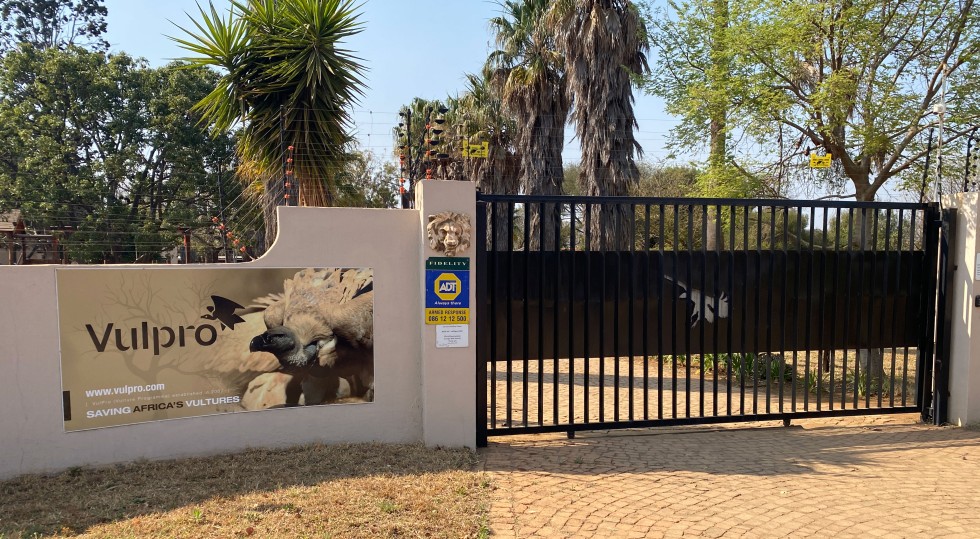
Entrance to Vulpro
VulPro is not just a sanctuary; it is a beacon of hope for the vulture species of southern Africa, many of which are critically endangered. We had booked our visit well in advance, ensuring that we could take in everything this remarkable facility has to offer. If you're planning to visit, keep in mind that VulPro is open to the public by appointment only, so it's essential to plan ahead.
Our day at VulPro began with a warm welcome from the knowledgeable and passionate staff, who are clearly dedicated to the conservation and well-being of vultures. We were given an informative, comprehensive tour of the facility by employee Clarence, starting with the mews where various species of vultures and other birds of prey were being rehabilitated. Seeing these magnificent birds up close, some recovering from injuries and others preparing to be reintroduced into the wild, was both humbling and inspiring. The staff explained the challenges these birds face in the wild, from poisoning and power line collisions to habitat loss, and how VulPro is working tirelessly to combat these threats. We saw individuals healing from terrible burn injuries, recovering from wing fractures, and one famous White-backed Vulture who was the recipient of a revolutionary beak transplant.
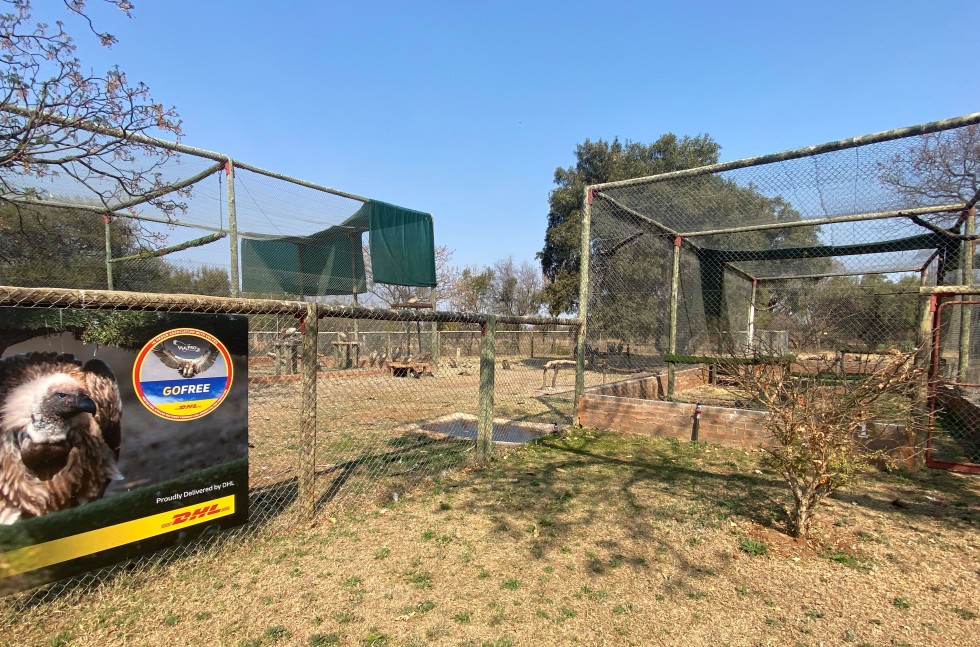
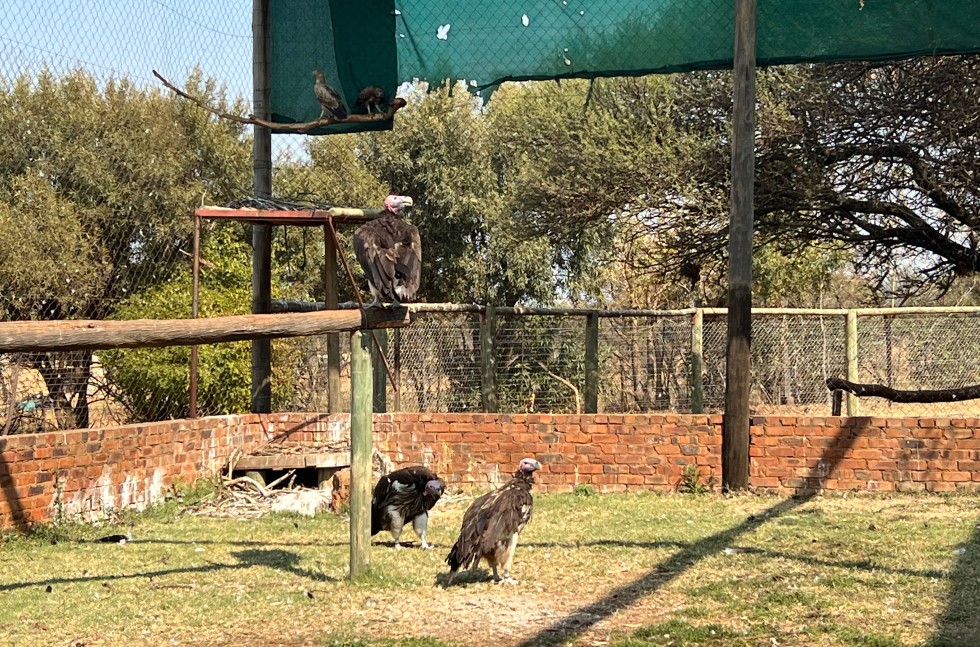
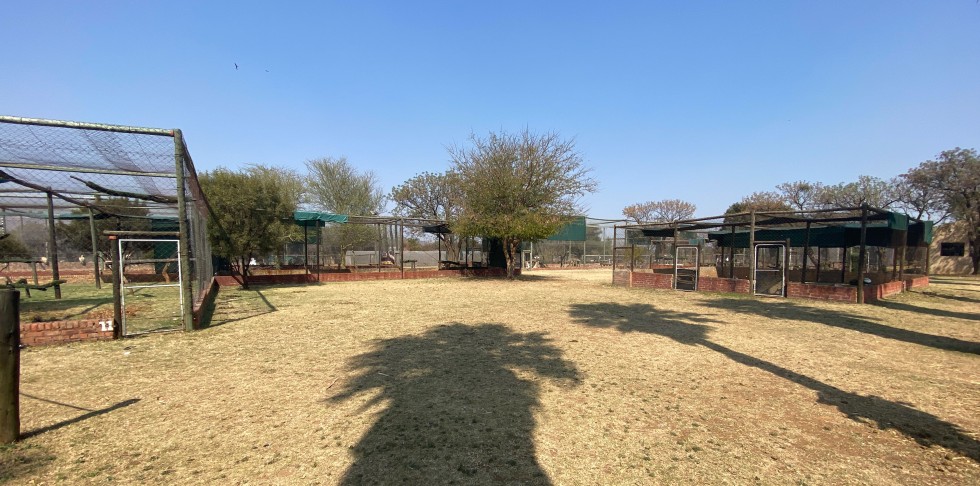
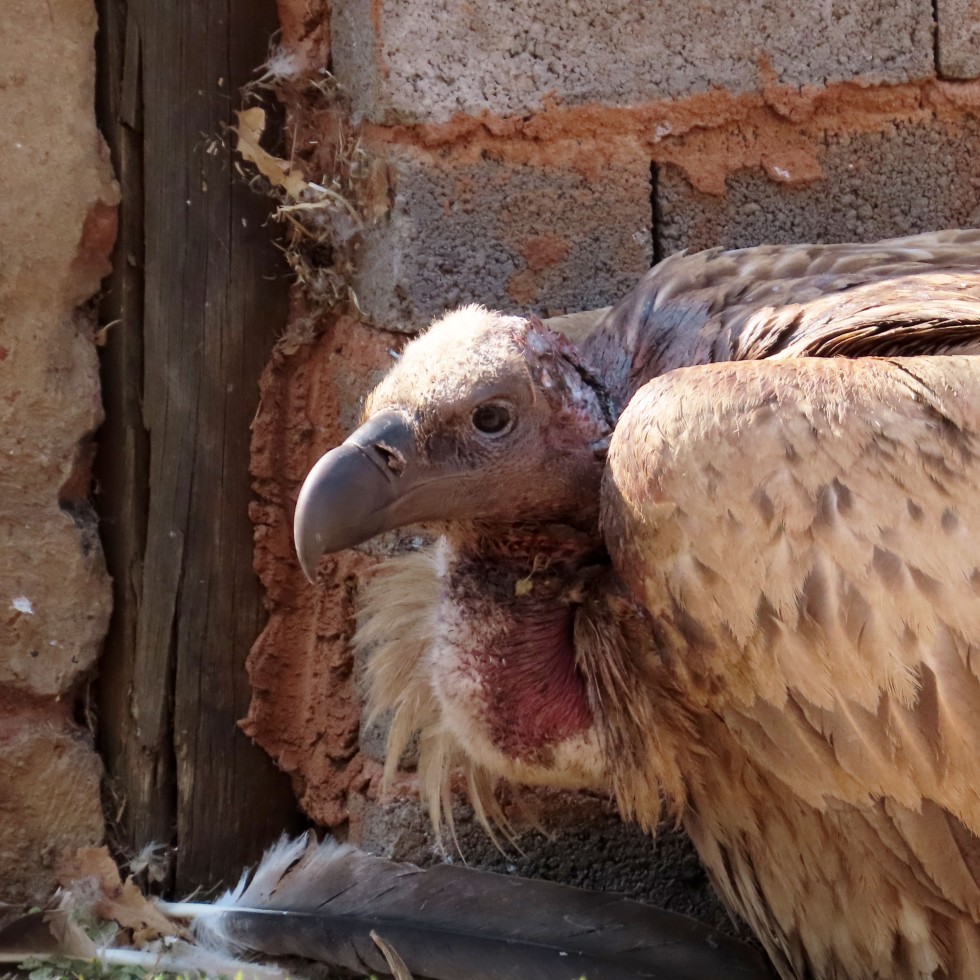
Burn victim in rehab
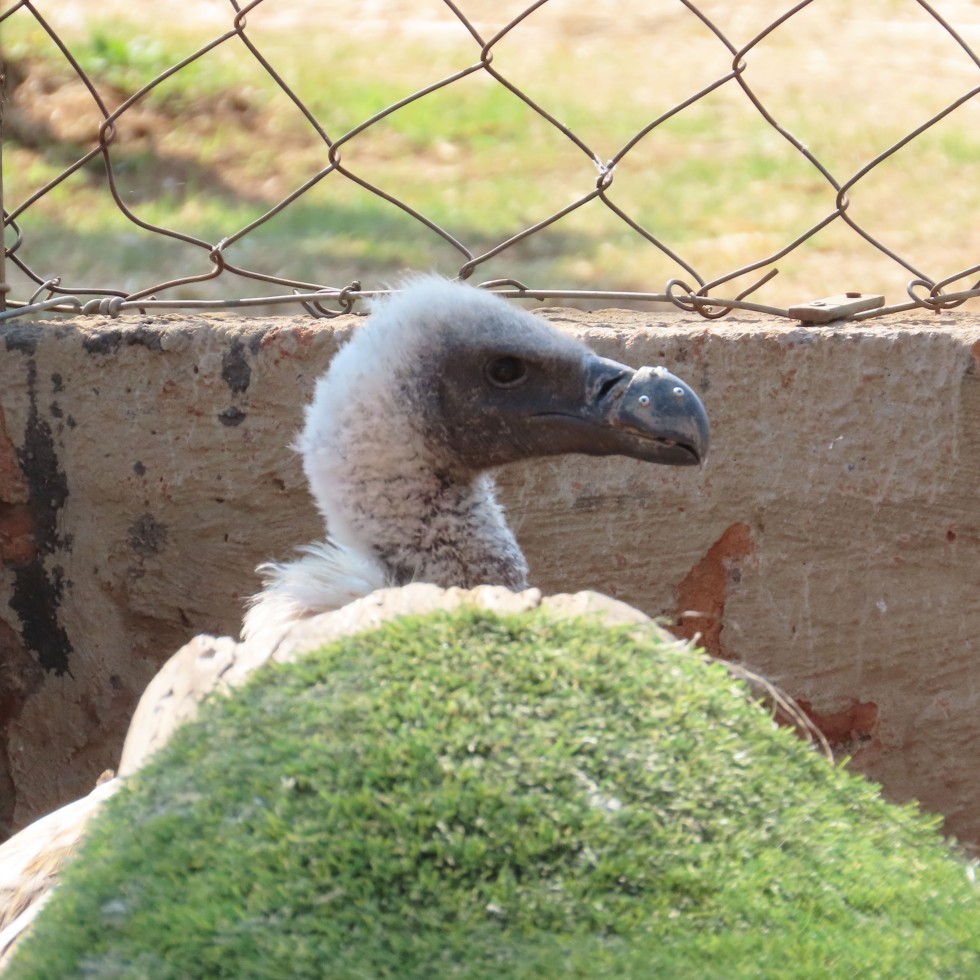
Vulture with beak transplant
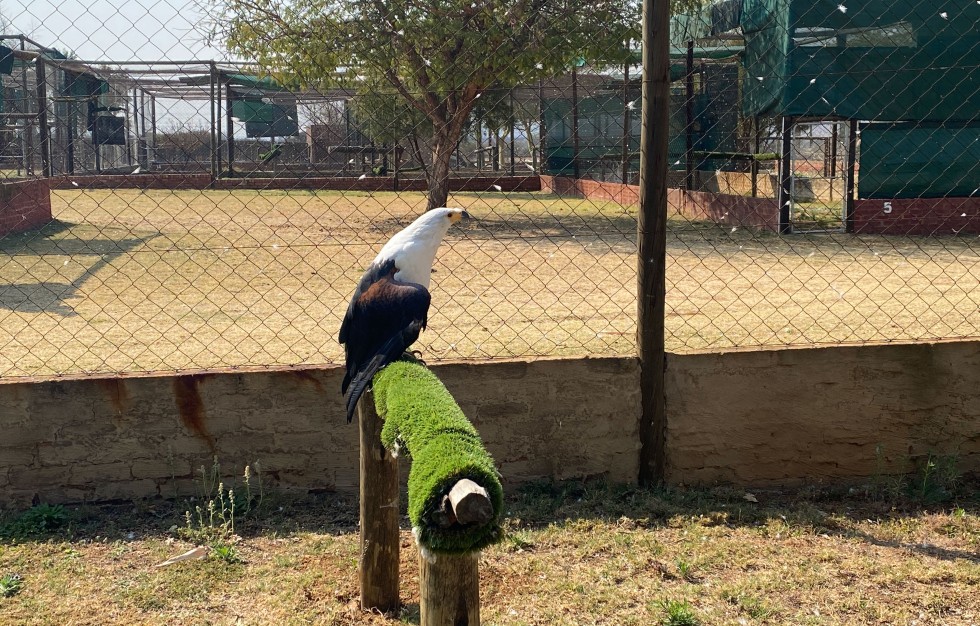
African Fish-Eagle
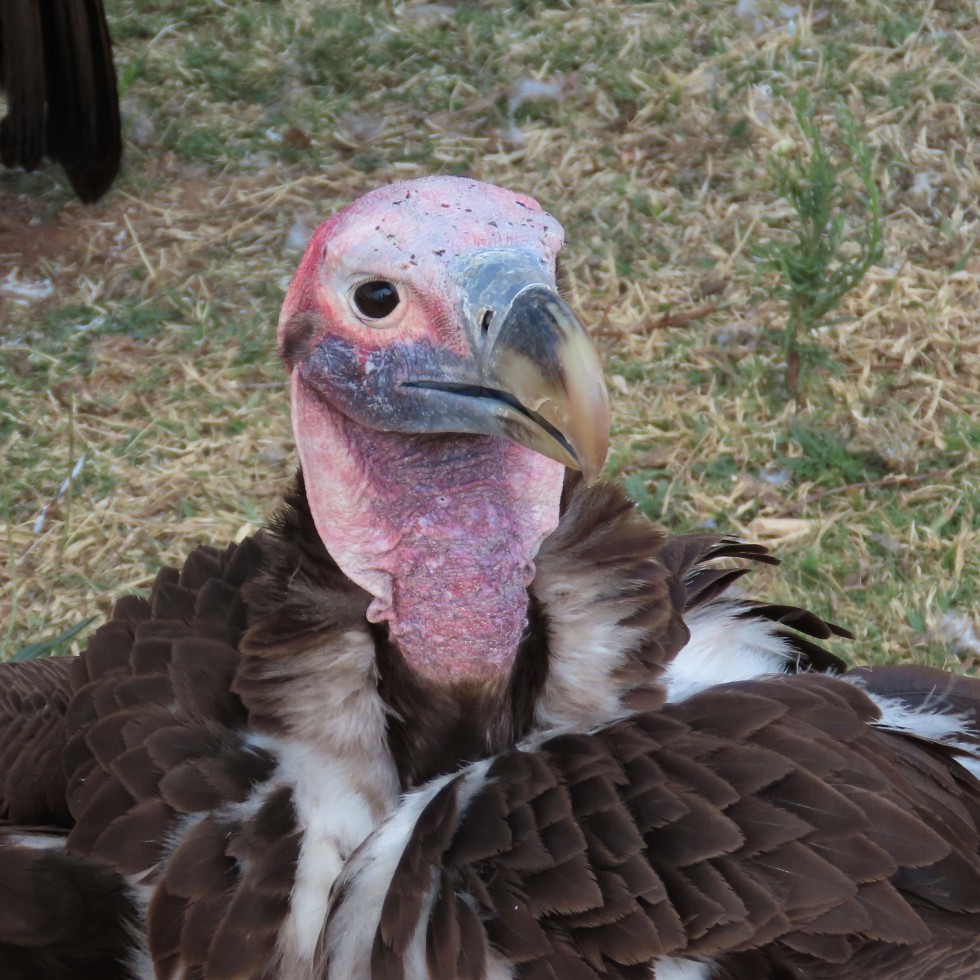
Lappet-faced Vulture
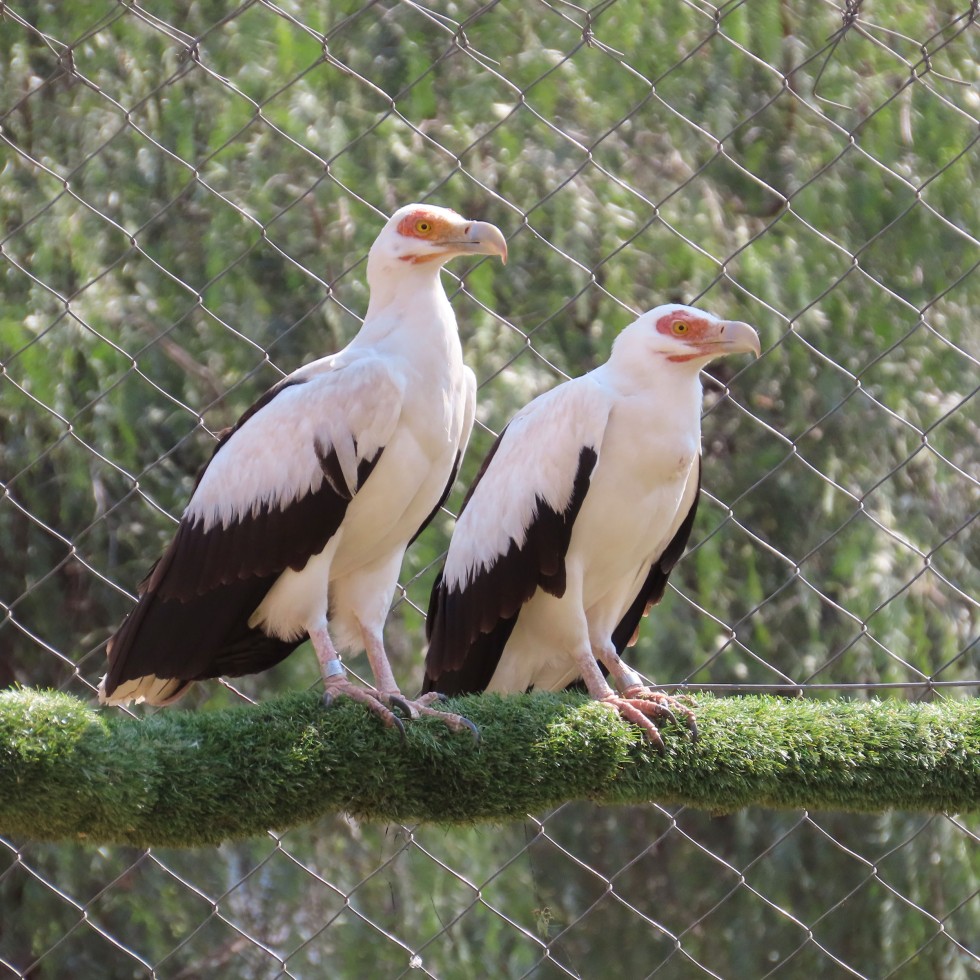
Palm-nut Vultures
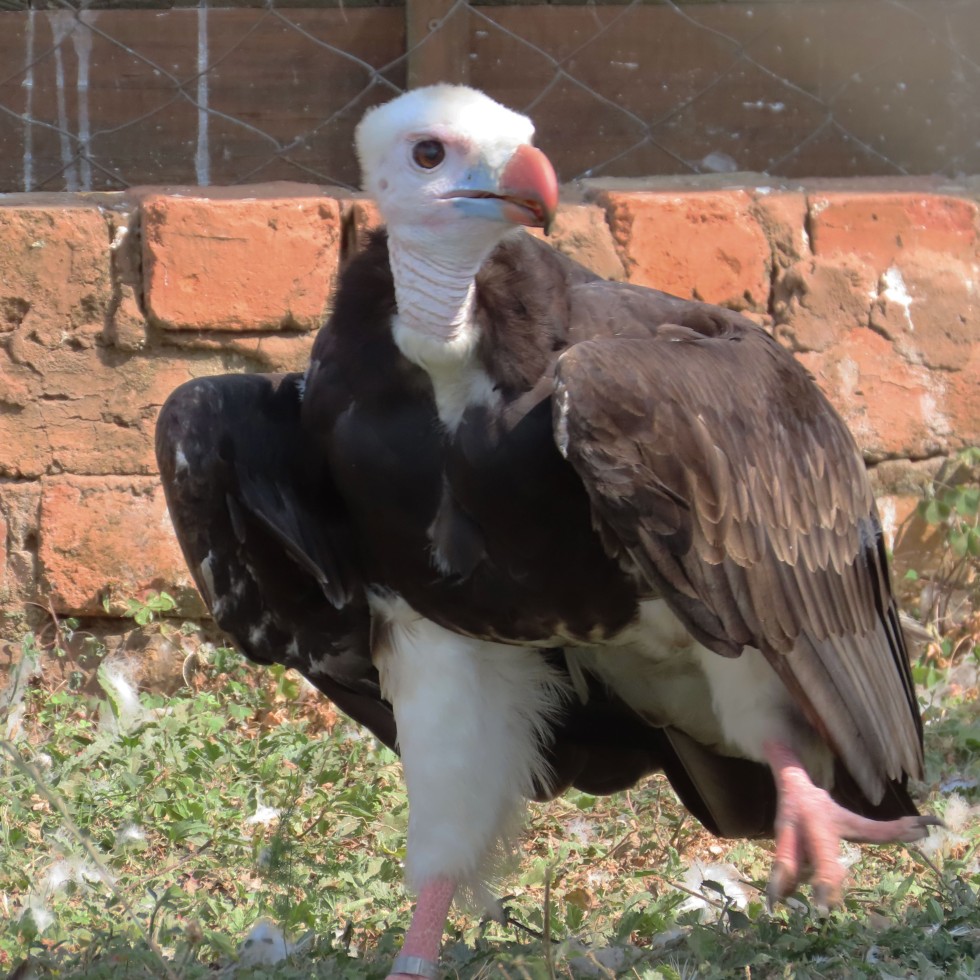
White-faced Vulture
One of the most fascinating aspects of our visit was learning about VulPro's breeding programs. These programs are crucial for the survival of several vulture species. The chicks hatched here are carefully raised and monitored, with many eventually being released into the wild to help bolster dwindling populations. It's an incredible example of how conservation efforts can make a tangible difference.
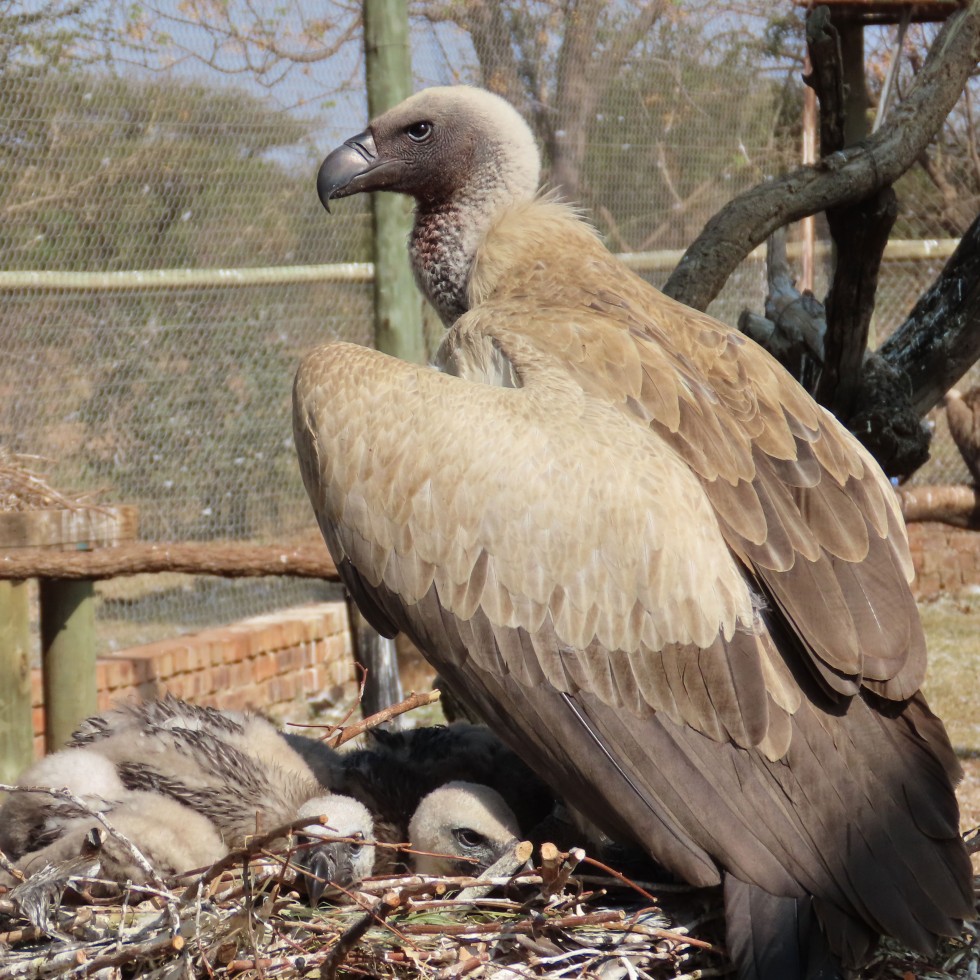
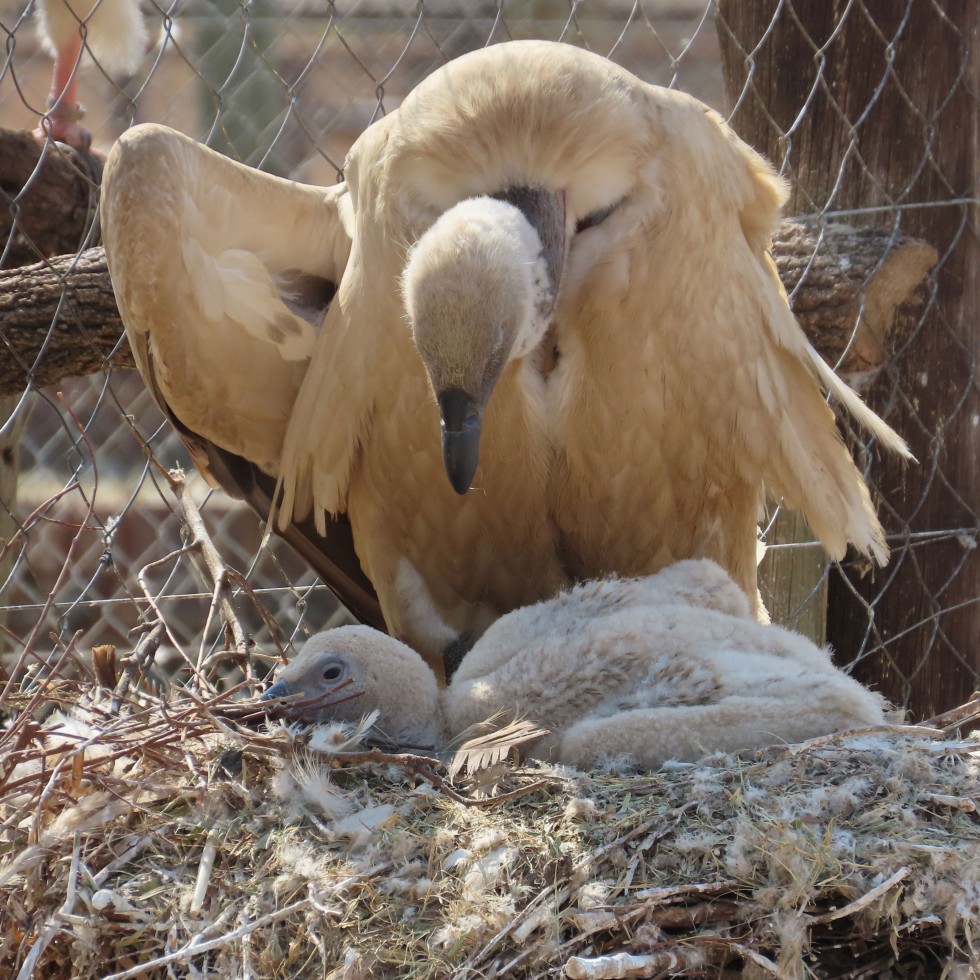
Captive breeding families
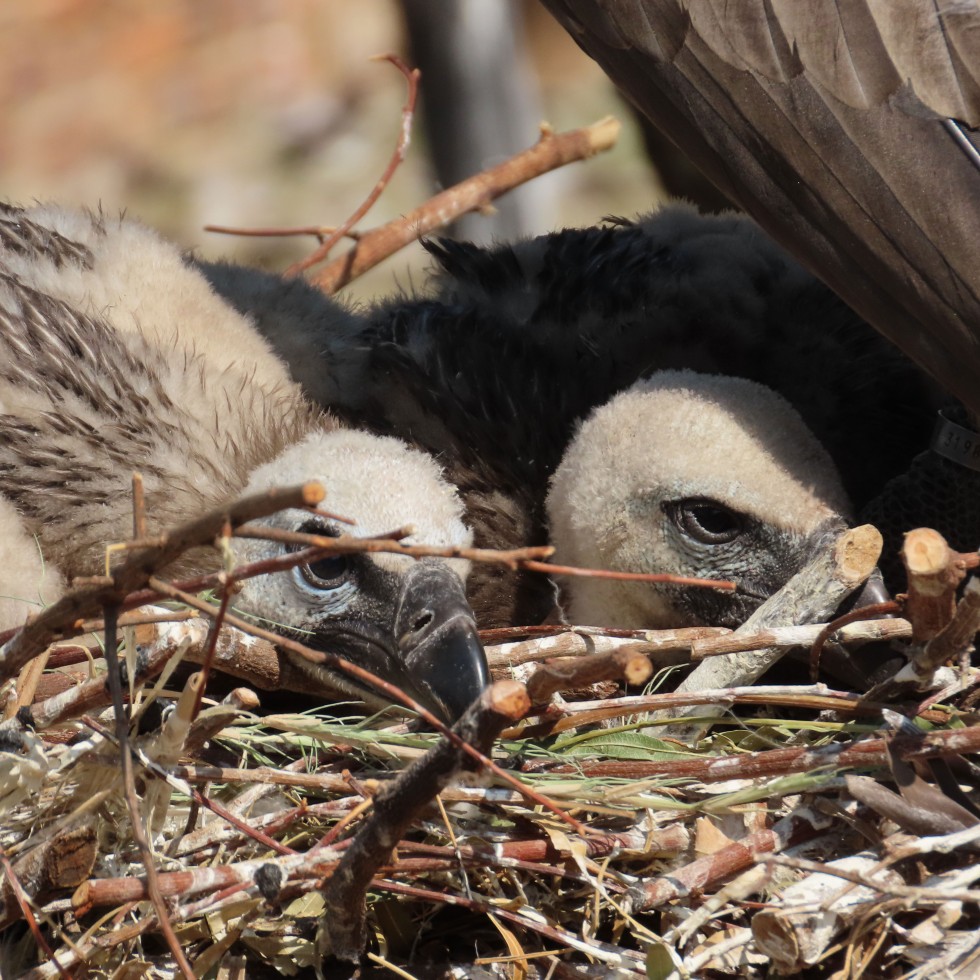
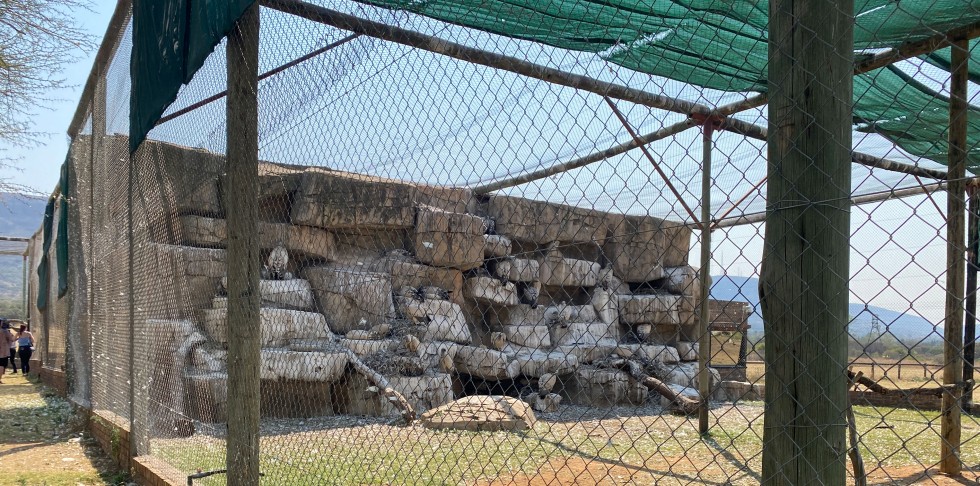
Enclosure with mock cliff for captive breeding
As part of our visit we were able to spend some time in the hide at VulPro's "vulture restaurant." This specially designated area is a feeding site where wild vultures can safely feast on carcasses provided by VulPro. As we settled into the hide, we were soon rewarded with the sight of wild Cape Griffon vultures soaring in from all directions to visit the restaurant. Watching these majestic birds descend and feed was an awe-inspiring experience. Seeing the wild birds feeding on the safe, clean carcasses was a beautiful visual reminder of their vital role in the ecosystem as nature’s clean-up crew.
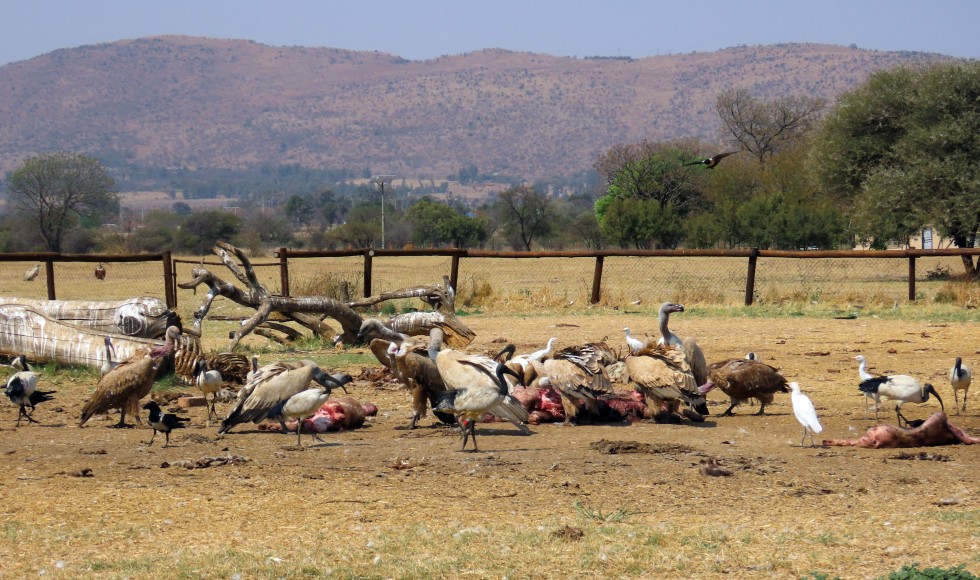
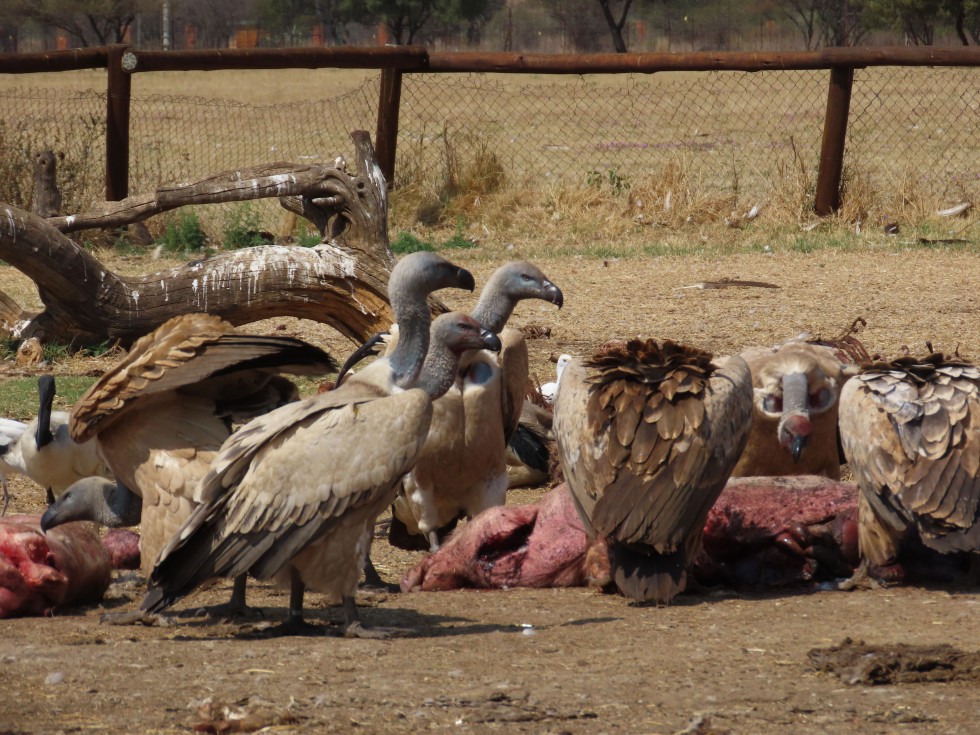
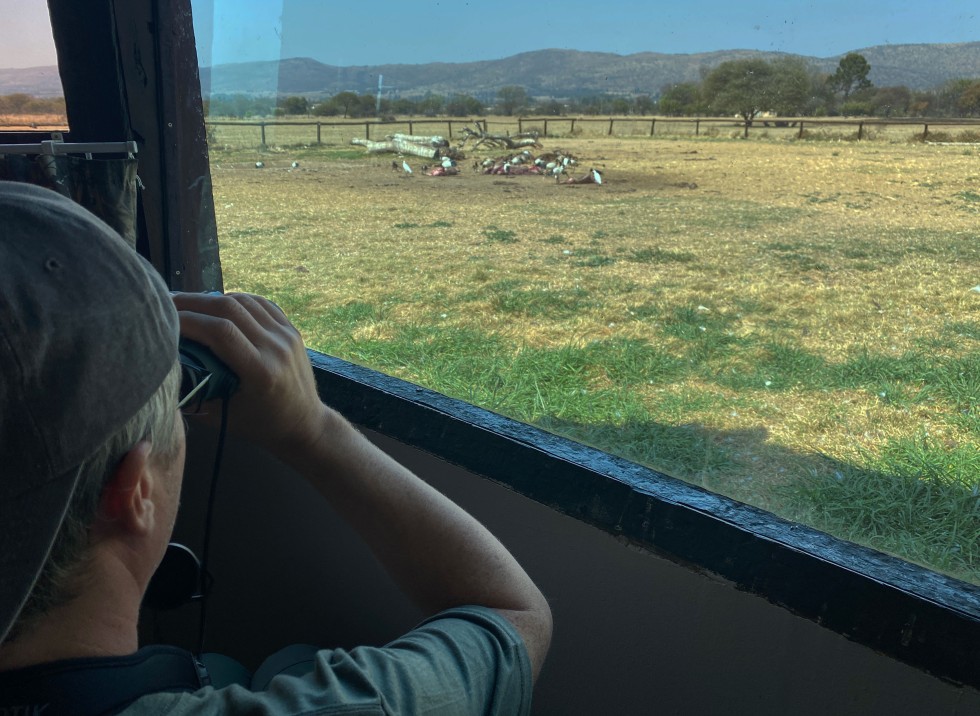
As we observed the vultures, we couldn't help but feel a deep sense of admiration for these often-misunderstood creatures. Their role in the environment is crucial, and without them, ecosystems would suffer. VulPro's work is vital not just for the survival of vultures but for the health of the ecosystems they help maintain.
Our visit to VulPro was truly memorable, and we left with a greater appreciation for the challenges faced by vultures and the incredible work being done to protect them. If you ever find yourself in South Africa, a visit to VulPro is an absolute must. It's an opportunity to witness conservation in action and to learn about the important role vultures play in our world.
In honor of International Vulture Awareness Day, we encourage everyone to take a moment to learn more about these remarkable birds and to support conservation efforts like those at VulPro. Together, we can help ensure that vultures continue to soar in the skies for generations to come.
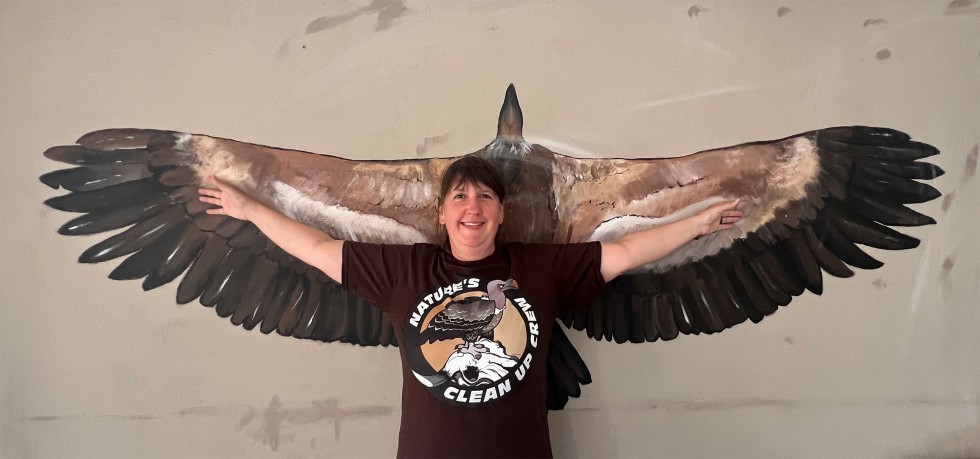





Comments
Leave a comment
Thank you!